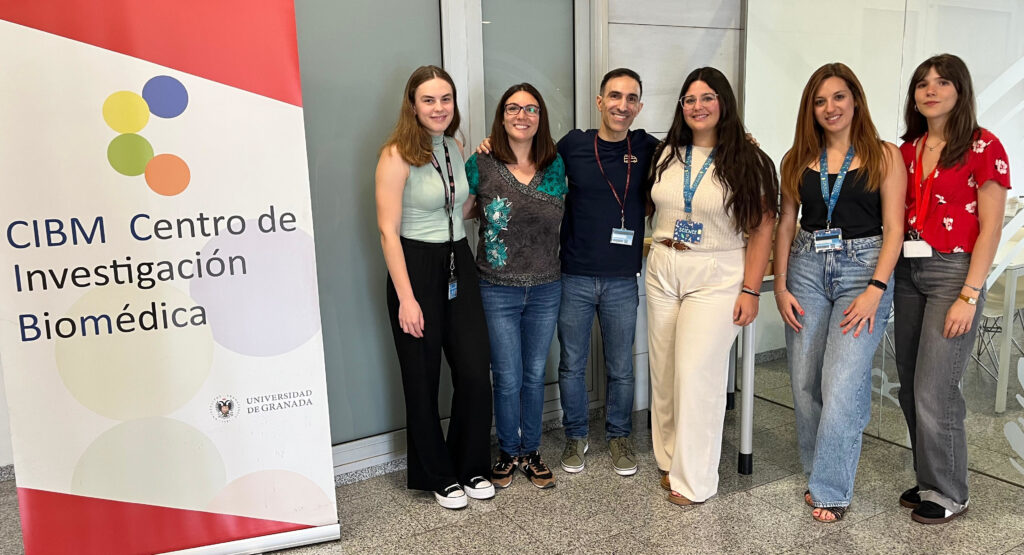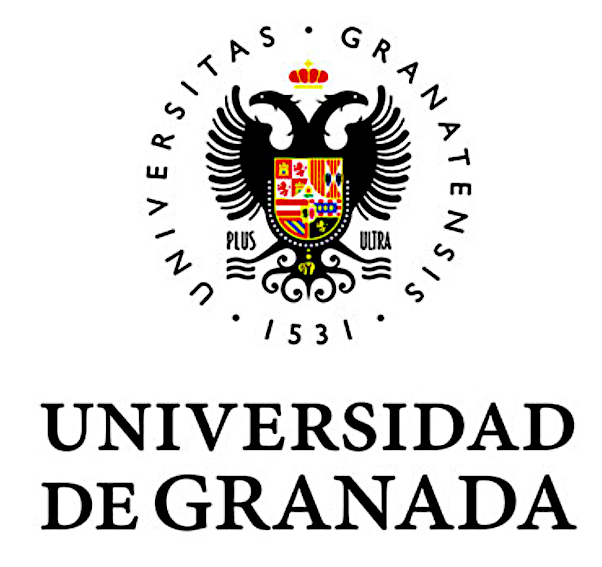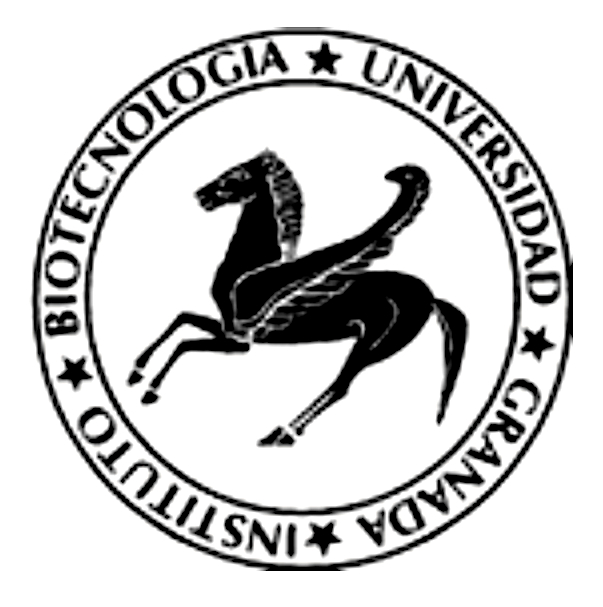Scientific Background

The research group was established in 2016 with the incorporation of Dr F. David Carmona López into the Department of Genetics at the University of Granada as a Ramón y Cajal Research Fellow. Prior to this appointment, he carried out postdoctoral research at the Institute of Medical Sciences (IMS) of the University of Aberdeen (UK) between 2007 and 2010, followed by a second postdoctoral period at the Instituto de Parasitología y Biomedicina “López-Neyra” (CSIC, Spain) from 2010 to 2016. In May 2021, he obtained a permanent Associate Professor position at the University of Granada. His scientific background spans developmental genetics, with a particular focus on gonadal and ocular development, as well as immunogenetics.
In 2020, the group expanded with the incorporation of Dr Lara Bossini Castillo through a Juan de la Cierva Incorporación fellowship, following a four-year postdoctoral stay at the Wellcome Sanger Institute (Cambridge, UK). She brought strong expertise in immunogenetics and in the generation and integrative analysis of multi-omics data, reinforcing the capacity of the group to address complex traits using large-scale genomic approaches.
From its inception, the group has focused on uncovering the molecular basis of severe forms of male infertility, with a particular emphasis on non-obstructive azoospermia (NOA). This research line has been supported by competitive funding from national and regional programmes and developed through an extensive network of clinical and research collaborators in Spain and abroad. This collaborative effort enabled the first well-powered genome-wide association study (GWAS) of severe spermatogenic failure in individuals of European ancestry, identifying two genomic regions associated with the Sertoli cell-only (SCO) phenotype (HLA-DRB1 and VRK1). These findings support the concept of idiopathic severe spermatogenic failure as a complex trait influenced by common genetic variation and point to an immune-mediated basis for SCO. In follow-up studies of this GWAS, published in Human Reproduction and Human Reproduction Open, we uncovered additional insights into the genetic architecture of male infertility, along with evidence of a dynamic connection to environmental exposures over decades. More recently, we published the first trans-ethnic GWAS meta-analysis of idiopathic SPGF in Communications Biology, highlighting the immune-mediated nature of SCO.
Building on these results, our current working hypothesis is that a chronic, subclinical inflammatory response targeting the seminiferous tubules (potentially driven by persistent infection or autoimmunity) can lead to germline loss and disruption of the blood-testis barrier, ultimately resulting in the most severe NOA phenotypes. Under this framework, SCO may represent an immune-mediated form of NOA, in contrast to other phenotypes that are more likely driven by non-immune mechanisms. Consequently, detecting testicular immune activation may serve as a biomarker to predict testicular sperm extraction (TESE) failure.
To explore this hypothesis, we have generated single-cell and single-nucleus multi-omics data from testis biopsies, blood and semen, including scRNA-seq and snRNA-/snATAC-seq, which allowed us to profile gene expression and regulatory states at cellular resolution. Our analyses reveal an increased abundance and activation of immune cells in SCO testes, consistent with GWAS-based genetic evidence and with the genetic overlap between SCO and autoimmune diseases. In parallel, we are developing machine-learning models that integrate genetic and molecular features to estimate the probability of SCO and the likelihood of TESE failure.
Finally, we are also exploring non-invasive biomarkers in semen. Although immune cells are a normal component of the ejaculate, their composition may reflect immune activity within the male reproductive tract. Using scRNA-seq of seminal round cells and and metabolomic approaches, we found that semen from SCO patients with unsuccessful TESE is enriched in macrophages/monocytes and shows signatures of immune activation involving prostaglandins. Overall, our goal is to establish molecular biomarkers (ideally accessible through non-invasive sampling) to improve patient stratification and to predict the outcome of assisted reproduction techniques.
In parallel with this main research line, the group also develops complementary projects aimed at elucidating the genetic and molecular bases of other complex diseases, including coeliac disease and keratoconus, applying similar genome-wide and multi-omics strategies.
The group is based at the Biomedical Research Centre (CIBM) and holds affiliations with the University of Granada, the Institute of Biotechnology (IBt-UGR), the Biosanitary Research Institute of Granada (ibs.GRANADA), and the Excellence Unit AD®ULT.




